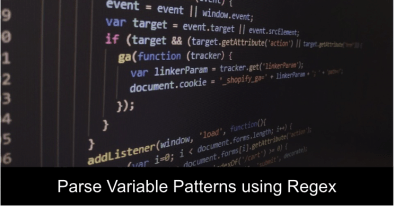What is parsing? Parsing is a very important process when handling logs because it lets users filter logs in useful ways. Unstructured logs can easily be shared into attribute (key/value) pairs, which helps to create improved alerts and charts. There … Read More
Blog Posts

How to Parse JSON data in JavaScript
Assuming that you’ve used a web app before, there is a strong possibility that it uses JSON format to create a framework, store and transmit data between its servers and connected devices. JavaScript Object Notation, which is popularly known as … Read More
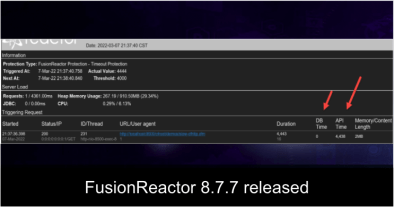
FusionReactor 8.7.7 Released
FusionReactor 8.7.7 has been released. With enhancements including improved alert emails, SpringBoot fixes, and more. Enhancements to Crash Protection API and DB time can now be found in both the request log and Crash Protection emails, making it easier to … Read More
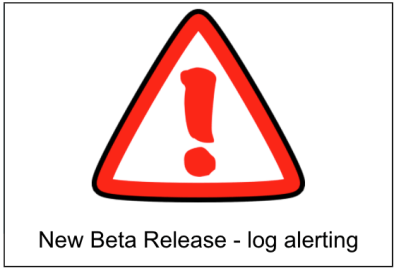
New beta release – log alerting
Our most powerful alerting engine Log Alerting is now in beta and all beta users will immediately have access to this powerful query-based alerting engine. Set alerts on FusionReactor logs and ingested third-party logs. Your log data can be used … Read More
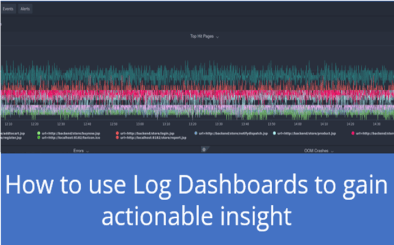
How to use Log Dashboards to gain actionable insight
How to use Log Dashboards to gain actionable insight Logs have many valuable functions; they contain a considerable amount of data. Using log query languages such as LogQL allows you to get fantastic insights, but they rely on running queries … Read More
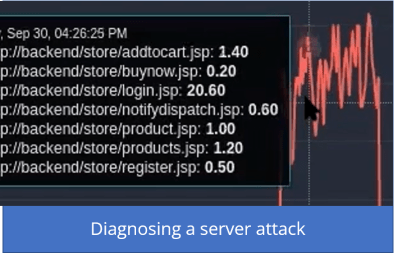
Diagnosing a server attack using logs
Diagnosing a server attack using logs Imagine that your server is under attack. How would you diagnose the issue and understand its impact? You may have been aware of previous attacks and have seen significant spikes coming into your server. … Read More
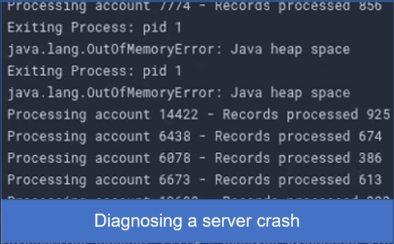
Using logs to easily diagnose a server crash
Reasons for a server crash Java can crash in several ways and for several reasons. Sometimes it’s not easy to diagnose a server crash. For example, Your JVM may still be operational, but you cannot process requests anymore. Part of your application breaks … Read More
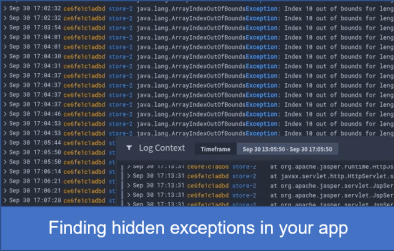
Finding hidden exceptions in your application
What are hidden errors and why do you need to find them? Hidden exceptions can occur by design. For example, adding a try-catch block into your code is an easy way to prevent errors from displaying to your users and … Read More
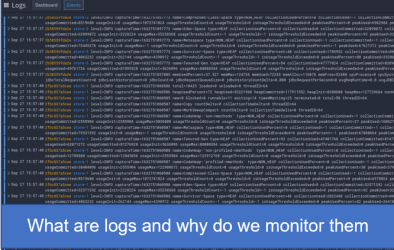
What are logs and why do I need to monitor them?
What are logs, and why do I need to monitor them? Let’s start by clarifying the basics. Logs are recordings of events that have taken place while an application runs. Some are automatically created, and some are explicitly developed – … Read More
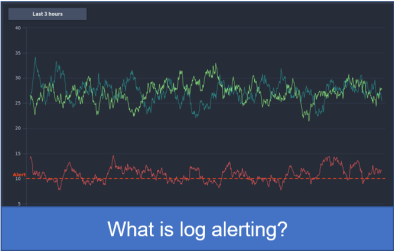
What is log alerting?
Log alerting Log alerting allows you to set rules based on any log that is ingested either by an external log agent or the FusionReactor agent. It is relatively simple to set up query-based alerts in LogQL. You can utilize … Read More
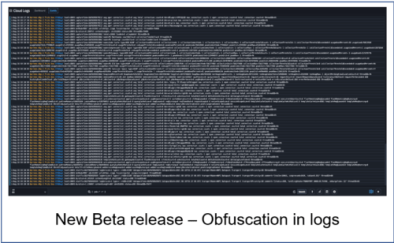
Obfuscation added to log monitoring
Obfuscation in logs is now in beta Passwords, credit card information, and API keys are automatically obfuscated in logs sent from FR. However, should you have switched obfuscation in logs off in the UI, then you may need to manually … Read More
FusionReactor 8.x Release Notes
FusionReactor 8.x Release Notes … Read More

Why monitor a monolithic server
Why monitor a monolithic server? It is quite challenging to improve the performance of a monolithic server application. Change is difficult when things are tightly coupled. Unlike microservices, where things are more likely to be managed by development teams. However, … Read More
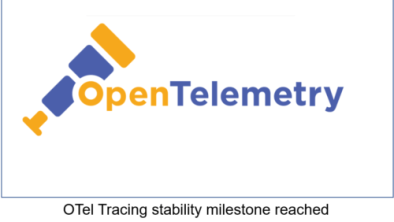
OTel Tracing stability milestone reached
OTel Tracing stability milestone reached OTel Tracing stability milestone reached with OpenTelemetry Collector. As a result, OpenTelemetry Collector has released its first GA version. With version 0.36.0, the tracing components come with stability guarantees for tracing in the OpenTelemetry Protocol … Read More

APM – Whats new in Application Performance monitoring
What is an APM (Application Performance Monitor) Application Performance Monitors (APMs) help developers and DevOps professionals improve the performance of an application and identify errors and exceptions in the code. So, the APM identifies and diagnoses complex application performance problems … Read More

